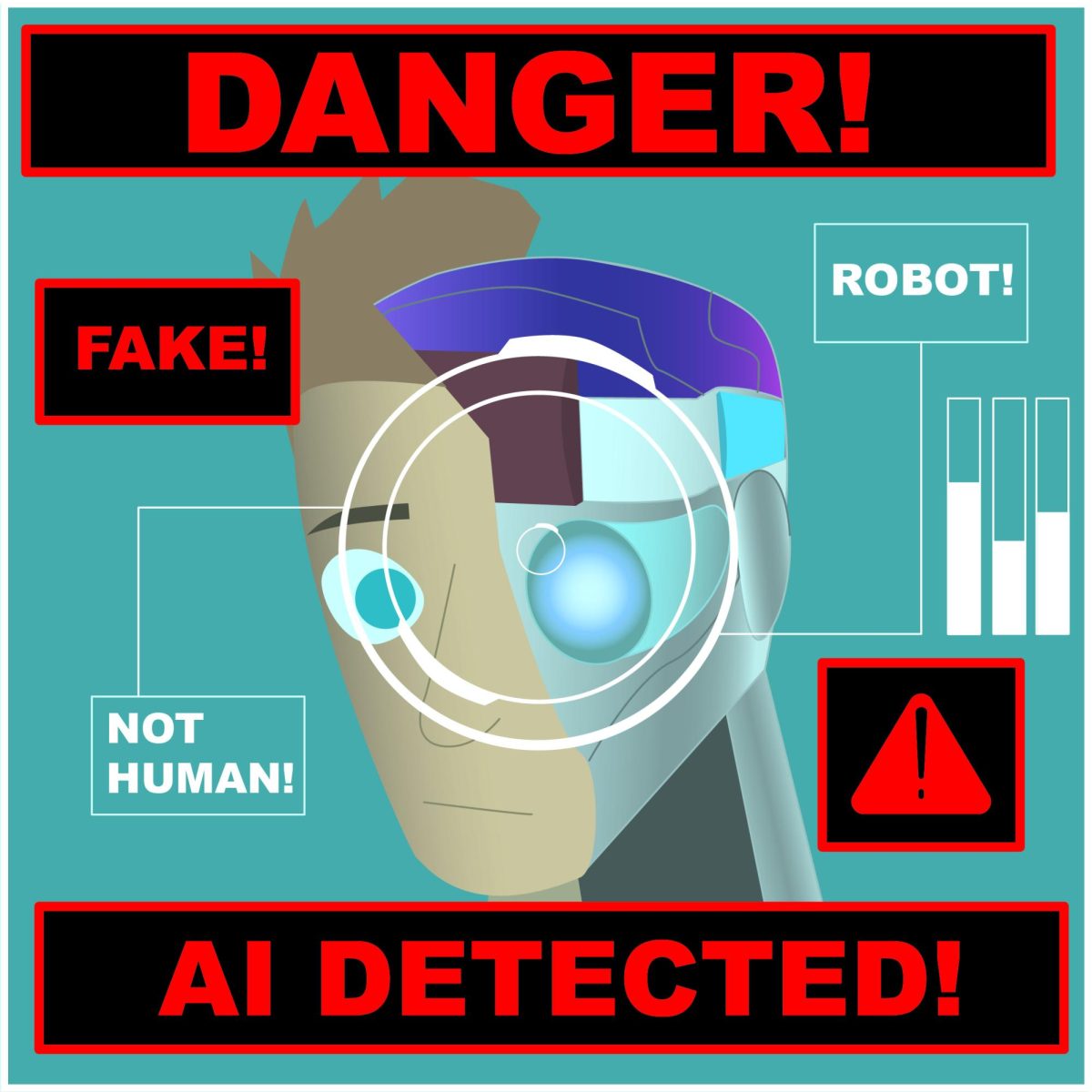By Trenton Blackshear
“Oh my God, I just can’t stand looking at that centerpiece being crooked. This is totally going to set off my OCD.”
“Don’t worry, I just lose my cool sometimes. I’m probably just a bit bipolar.”
I’m quite sure that most of us have either heard or said some variation of these two phrases at some point. In reality, though, these are very serious mental illnesses that completely engulf the way a select group of people function in their day-to-day lives.
I’m not sure people understand what all is involved with these disorders. For the people who have to deal with these conditions on a daily basis, they are the pinnacle of seriousness.
The stigma of mental illness has lessened since the American Medical Association (AMA) started accepting them as legitimate disorders with the passing of the Community Mental Health Act in 1963. The act removed many mentally ill patients from state hospitals and brought them to community mental health facilities, increasing their visibility.
According to the National Institute of Mental Health, sufferers of Obsessive Compulsive Disorder have to deal with “thoughts and rituals associated with OCD [which] cause distress and get in the way of daily life. Performing such rituals is not pleasurable. At best, they produce temporary relief from the anxiety created by obsessive thoughts.”
The very nature of the disease is obsession. OCD is something that controls a person’s focus to an all-consuming degree. It is not appropriate to consider crooked centerpieces in the same league as someone who is compelled to wash their hands to the point of bleeding because their brains won’t let them stop.
That said, OCD has triggers and is one of the more manageable disorders. Bipolar disorder, on the other hand, is dangerous and unpredictable.
Bipolar disorder tends to show up in people during the early stages of their adult lives. It appears at least half of the time before age 25. Bipolar disorder manifests itself as episodes of mania and depression.
Some people who misuse the term are trying to use it to excuse their temperamental nature. The NIMH describes bipolar as “a brain disorder that causes unusual shifts in mood, energy, activity levels and the ability to carry out day-to-day tasks. Bipolar disorder symptoms can result in damaged relationships, poor job or school performance and even suicide.”
Being easily agitated doesn’t mean someone is bipolar. Some people are just not nice people. Sometimes people just have a bad day. Bipolar disease is all about extremes. Bipolar people can have week-long highs where everything speeds through their minds, only to be followed by a month-long depression where they can’t be bothered to think about anything.
It pains me to see people so casually going about labeling themselves bipolar without being able to fully understand the pain, emotional discomfort and flat-out unpredictability of not knowing whether they will be able to smile today or not stop smiling
Mental disease is a very serious concern. If something is troubling someone, there is nothing wrong with getting checked out.
Going to school is hard enough. Students have enough stress just trying to figure out who they are going to be. We have got to take care of ourselves physically and mentally.






